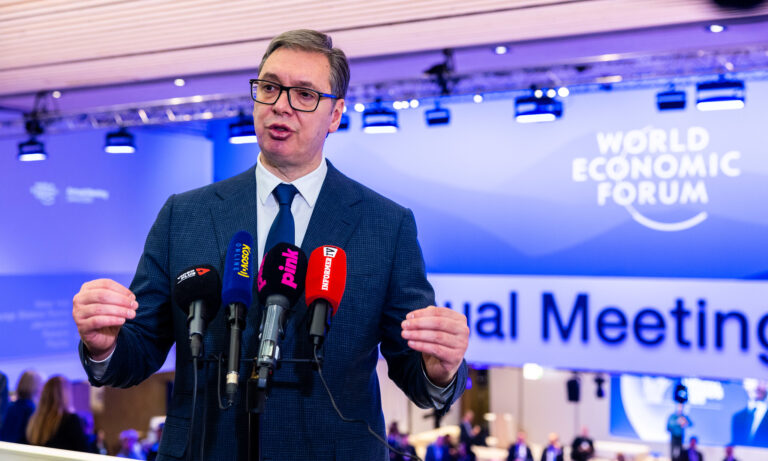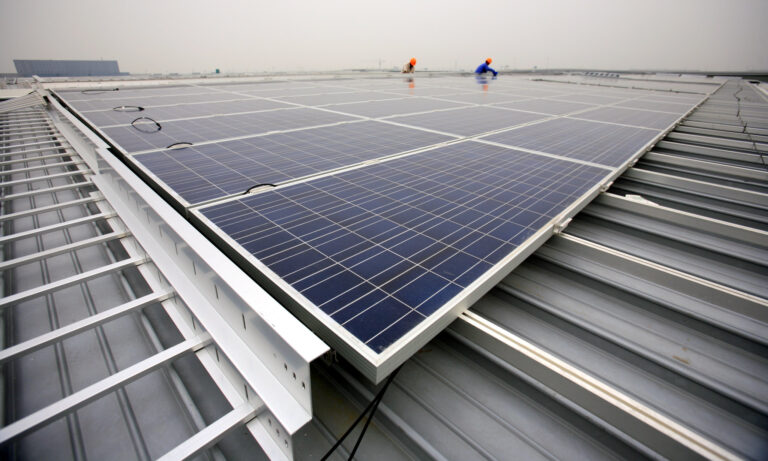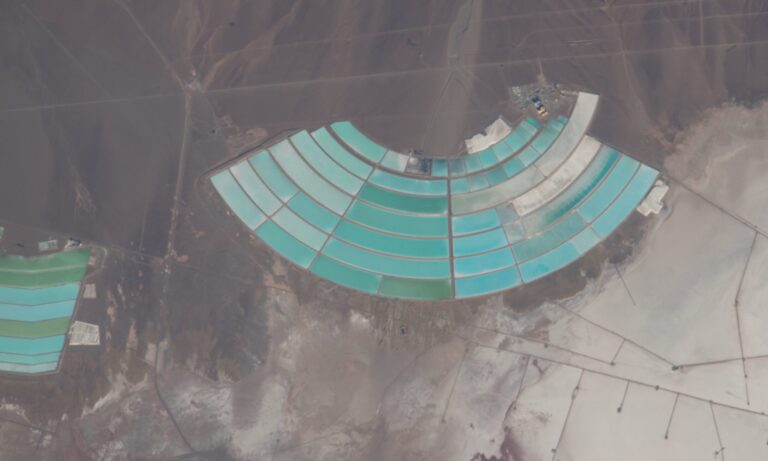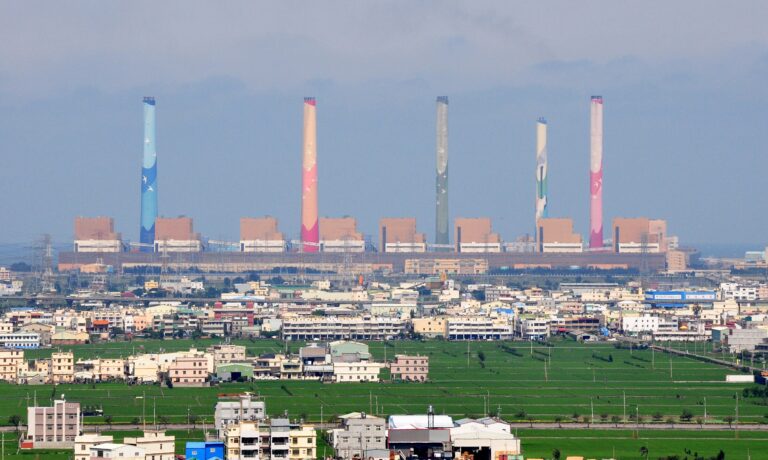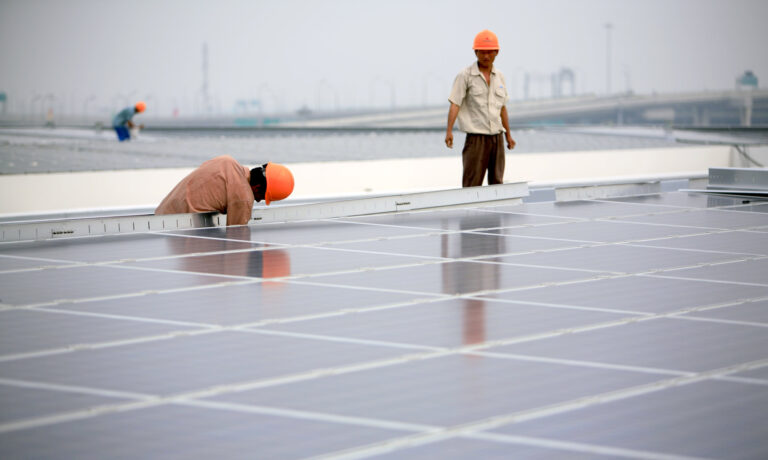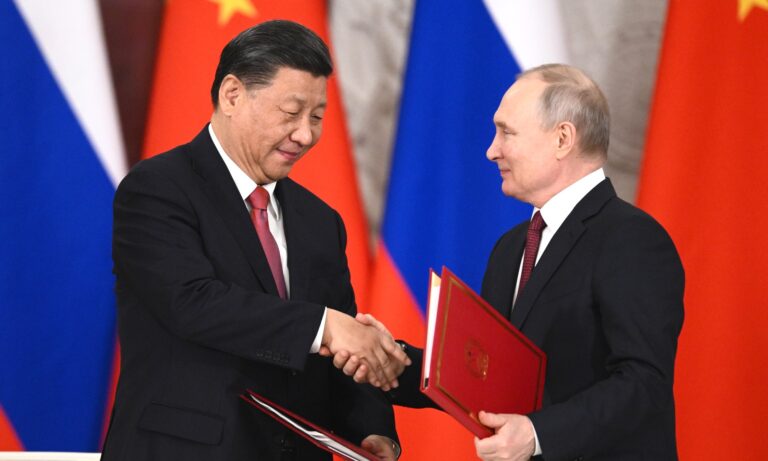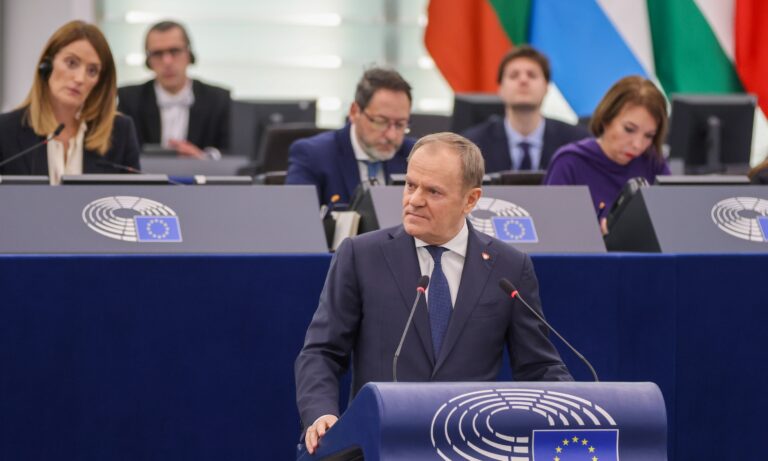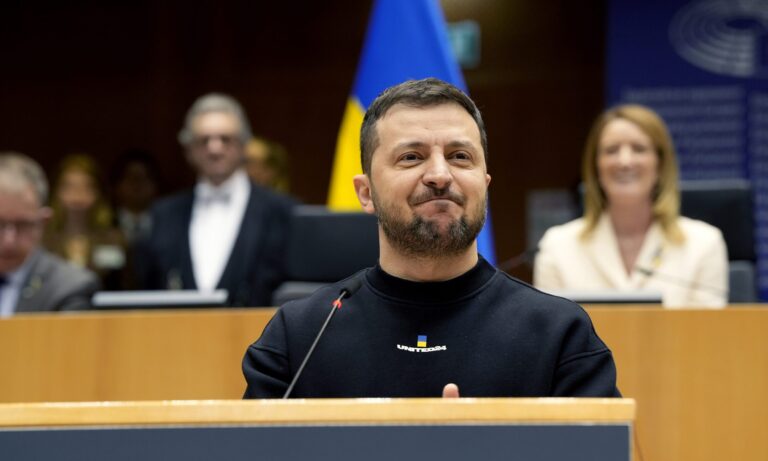#Security
Benign Invitations: China’s Playbook for Approaching Western Academics
This article is part of a newly launched section of CHOICE dedicated to in-depth investigations and personal insights that illuminate the lesser-known dimensions of Chinese influence in Central and Eastern Europe. In this space,…
De-Risking the Next-Generation Solar Supply Chain: Potential for the EU-Taiwan Collaboration
The article is published as part of a joint issue “Green Synergies: Sustainability, Security, and Taiwan-Europe Collaboration” between CHOICE and the University of Nottingham’s Taiwan Insight. Facing China’s dominance in the solar panel market, the EU…
Adding Turbulence to the Turbulent Region: Cooperation Between Western Balkans, China, and Taiwan
The article is published as part of a joint issue “Green Synergies: Sustainability, Security, and Taiwan-Europe Collaboration” between CHOICE and the University of Nottingham’s Taiwan Insight. The geopolitical and economic landscape of the Western Balkans has…
The Power of “Taiwan Can Green”: Energy Transition as a Discursive Response to Cross-Strait Geopolitical Tensions
The article is published as part of a joint issue “Green Synergies: Sustainability, Security and Taiwan-Europe Collaboration” between CHOICE and the University of Nottingham’s Taiwan Insight. The Democratic Progressive Party (DPP) has been committed to its…
From Extraction to Innovation: The EU and Taiwan in the Critical Minerals Value Chain
The article is published as part of a joint issue “Green Synergies: Sustainability, Security, and Taiwan-Europe Collaboration” between CHOICE and the University of Nottingham’s Taiwan Insight. As the European Union’s green transition gains momentum, ensuring the safe and sustainable…
Navigating Geopolitical Turbulence through Taiwan’s Energy Transition Policy
The article is published as part of a joint issue “Green Synergies: Sustainability, Security and Taiwan-Europe Collaboration” between CHOICE and the University of Nottingham’s Taiwan Insight. Taiwan’s reliance on imported fossil fuels presents a critical vulnerability…
From Awareness to Action: The Evolving Landscape of Research Security in European Academia
This article is based on the research paper “From Awareness to Action: Research Security in Czech and European Academia” by Ivana Karásková and Dominika Remžová, published by the Association for International Affairs (AMO) in…
China Holds a Kill Switch to European Power Grids
As the EU leans into its ambitious climate goals, solar energy has become the poster child of the energy transition. On the surface, it appears to be a success story in the global race…
From Chips to Mercenaries: China’s Role in Russia’s War
President Volodymyr Zelensky’s decision to disclose the capture of Chinese nationals fighting alongside Russian forces in occupied Donbas, along with his statements regarding Beijing’s military assistance to Moscow, underscores two key dynamics. First, it…
Ghosts of FDI Past: Rethinking Poland’s China Strategy
This article is based on the research paper “Red Flags or Economic Gains? The Reality of Chinese FDI in Poland” by Joanna Nawrotkiewicz, published by the Association for International Affairs (AMO) in April 2025. As Poland…
What Beijing’s Multipolar World Means for Ukraine and Europe
While recent shifts in the US position on Russia’s war against Ukraine have been met with considerable anxiety, leading to calls for rapid rearmament in Europe, Beijing has a radically different perspective. For China,…
Voice for CHOICE #53: Countering the “Axis of Evil” Alliance with Kateryna Musiienko
When discussing Russia’s war of aggression against Ukraine, we often focus on its broader, pan-European implications. In doing so, we sometimes overlook the profound local impact on Ukrainian communities, with individual stories only occasionally…


